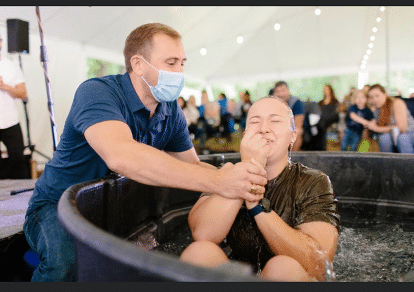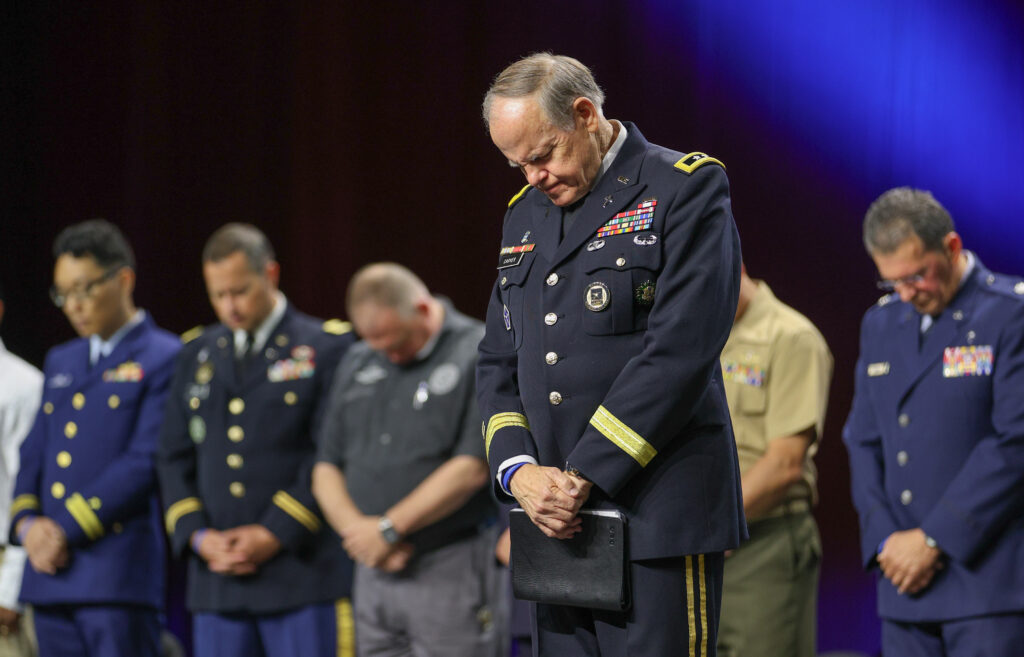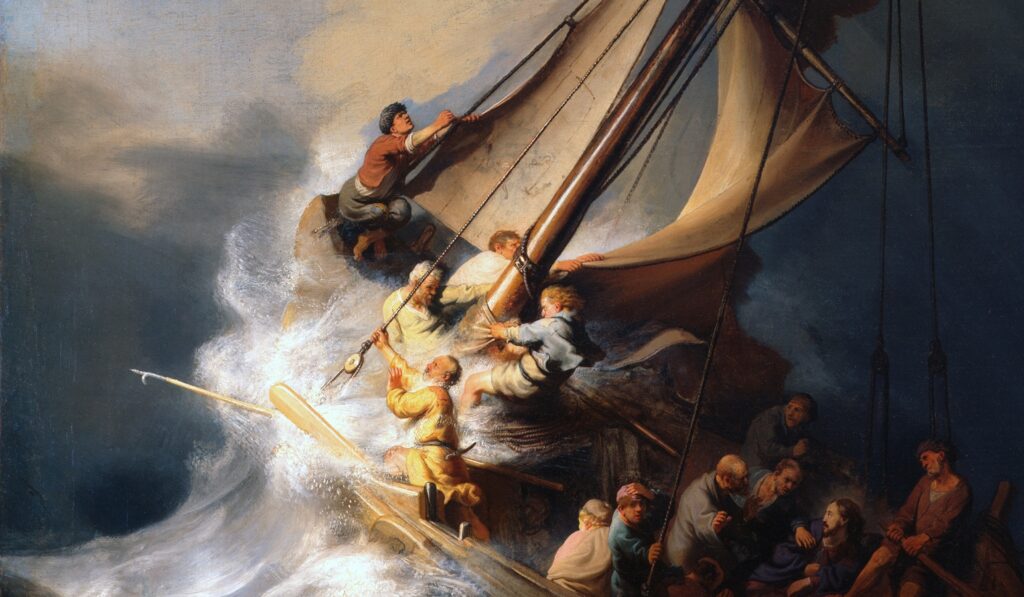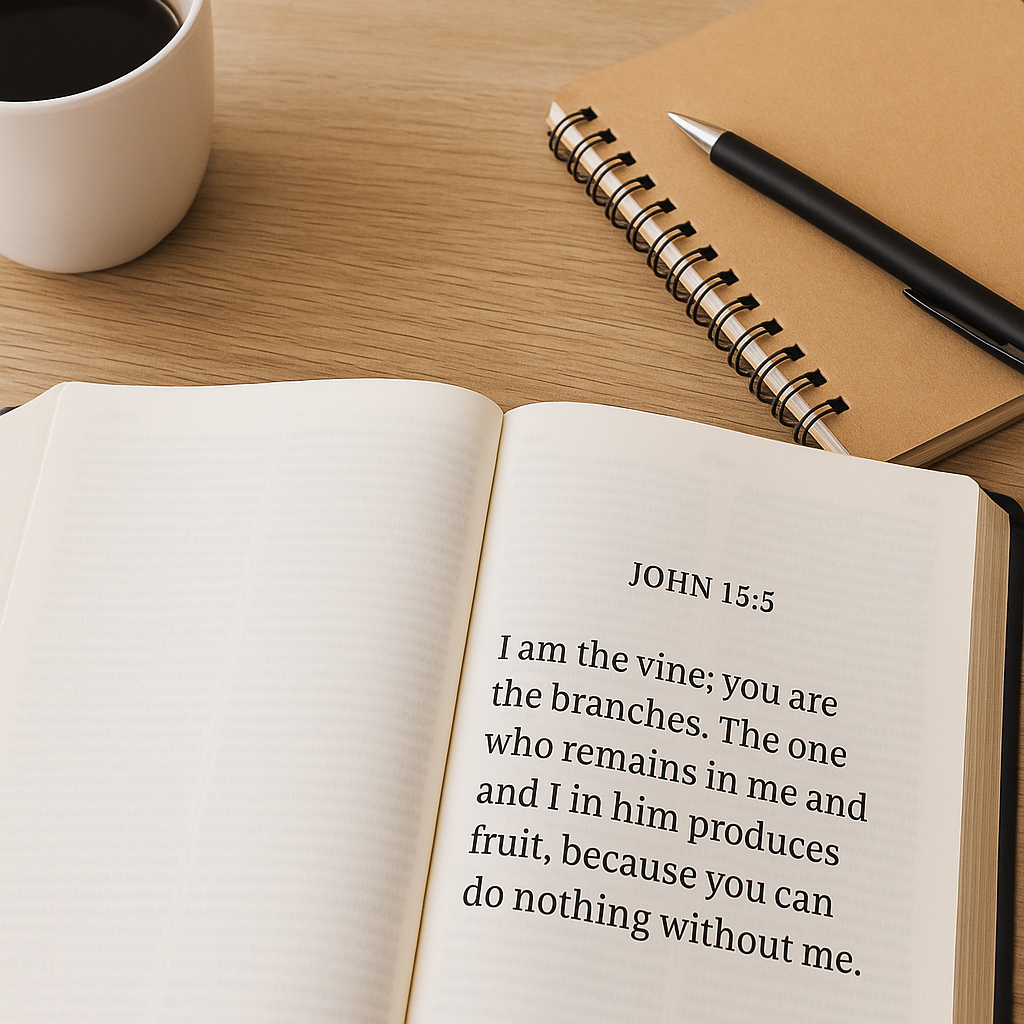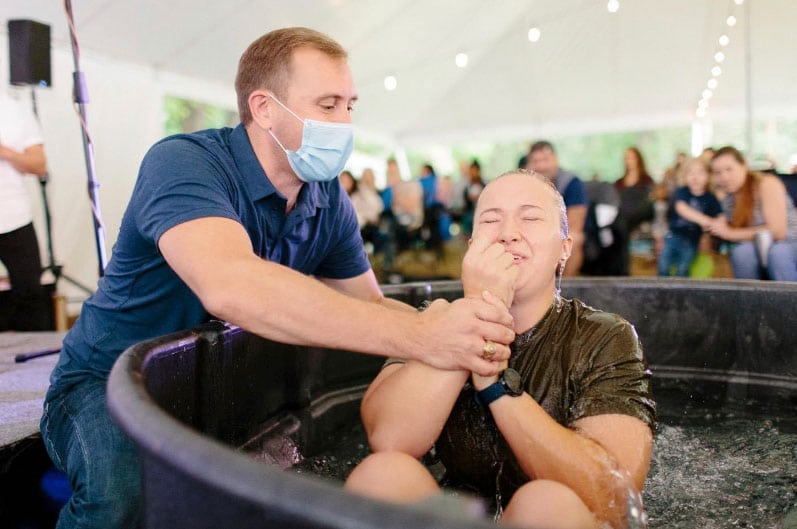
For the last decade, I have led the Baptist Collegiate Ministry (BCM) at the US Naval Academy and have also served as a Reserve Air Force Chaplain at Joint Base Andrews in Prince George County, Maryland.
When everything screeched to a halt a year ago because of COVID-19, the Naval Academy closed the gate to anyone except essential personnel and those on official Department of Defense business. Although I have a great working relationship with the Academy, I am employed by NAMB, a faith-based non-governmental organization, and have not been allowed on the campus since the pandemic began. We faced a tough challenge: how do I disciple and share the Gospel when I can’t be physically present?
After a couple of weeks, it became apparent that we were not going back to normal any time soon until the pandemic is over. My heart grieved over the loss of ministry. Our BCM staff had to find a way to stay in the fight for the hearts and minds of young Midshipmen.
Here are a few lessons we learned while working with 18–25 year-olds in a virtual world:
1. Meeting new people is very difficult.
To make progress, we had to rely on the students we already had good relationships with. They had to step up and own the ministry and not rely on me to evangelize their friends. We challenged our student leaders to share their testimony on social media. Many conversations and several salvations resulted from students being vocally bold about how Jesus had changed their lives.
2. Identity is the number one discipleship issue.
GenZ is already constantly concerned with identity. Identities are often based on these four P’s:
Performance—“I am what I do” (achievements, success, roles, job, status).
Possessions—“I am what I own” (things, brands).
Pleasure—“I am what I want” (sex, food, travel).
Popularity—“I am what you think of me” (social media likes, followers, approval, etc.)
When the pandemic turned these identity markers upside down, we are left asking, “Who am I without my job? Who am I without the latest technology? Who am I when my best friend betrays me? It takes constant work to remind young Christians to turn away from looking inward at self to look upward to God for validation and identity.
3. Virtual presence is still a presence.
A virtual connection cannot replace in-person relationships, but it sure is better than NO relationship. I decided to get as good as I could at online meetings. I read about how to create quality lighting and minimize distractions while meeting online.
We also revamped our social media strategy with more consistent and encouraging posts. If you are not good at social media, either learn or hand over your ministry’s social media accounts to a young person who is. Your online presence is important.
4. Continue to fight for and find ways to physically gather.
No matter how good your virtual presence may be, physically gathering is where your real connection happens. Within the restrictions, we regularly made religious accommodation requests to gather together. Some were approved and others were denied. Sometimes it required a bunch of extra work, but you have to do whatever it takes to create space for gospel conversations.
5. Prioritize and facilitate personal accountability.
Young Christians want to honor God but are rarely consistent on their own. When you ask if you can help them stay accountable to reading God’s word and walking in His ways, most young Christians will welcome the help. However, they will rarely be the first to ask for it. Our best accountability groups tend to have three or four people, including at least one person that I am personally mentoring.
This just scratches the surface of what the pandemic has taught us. As the leader of our ministry, I struggled with having my public ministry restricted. I had to trust that ministry was still happening even if I was not there to do it myself. At the end of it all, we do our best to plant and water the gospel seeds, but it’s still God who grows disciples.
May God continue to refine you and build your conviction that Christ is our only hope in this life and the next.
Published February 25, 2021
